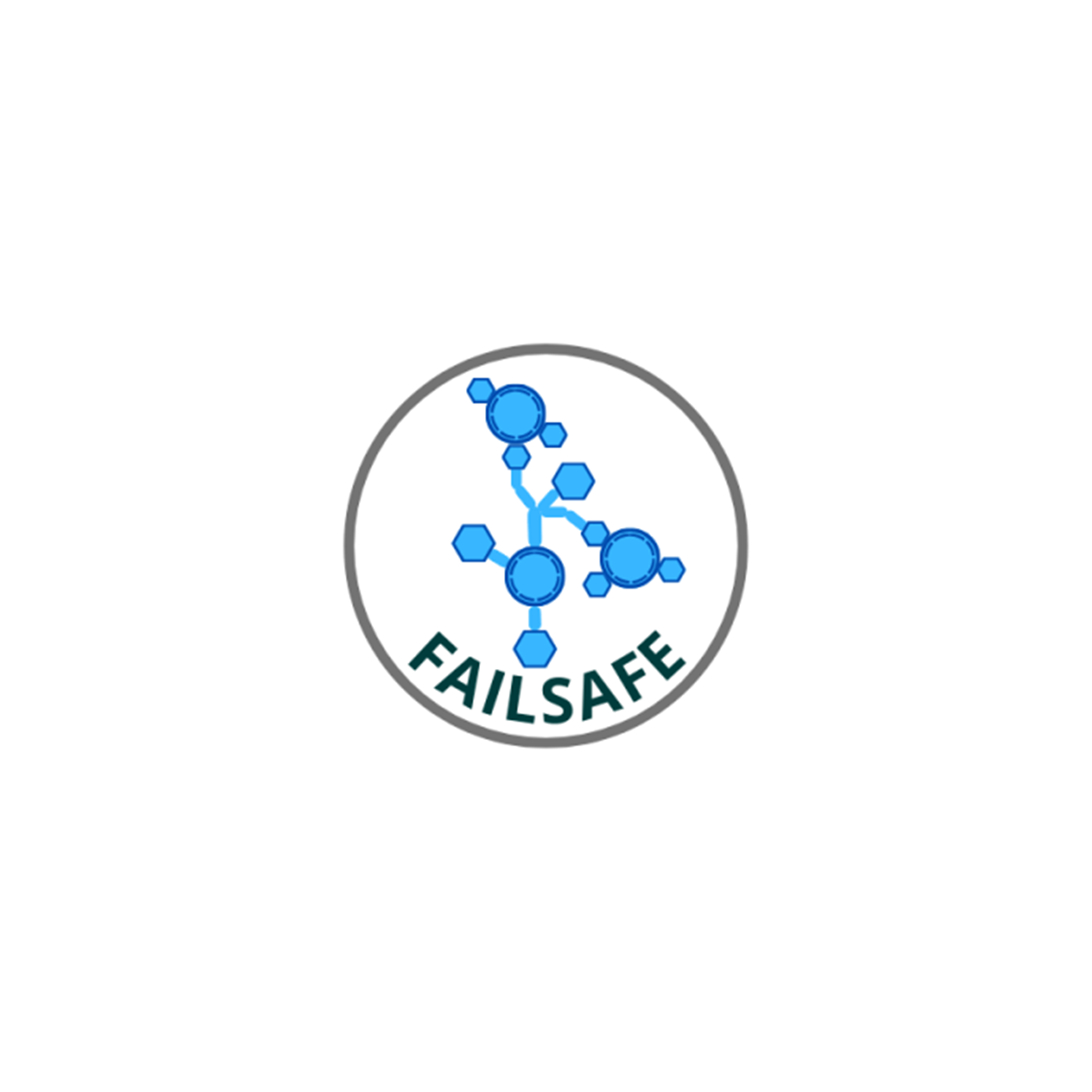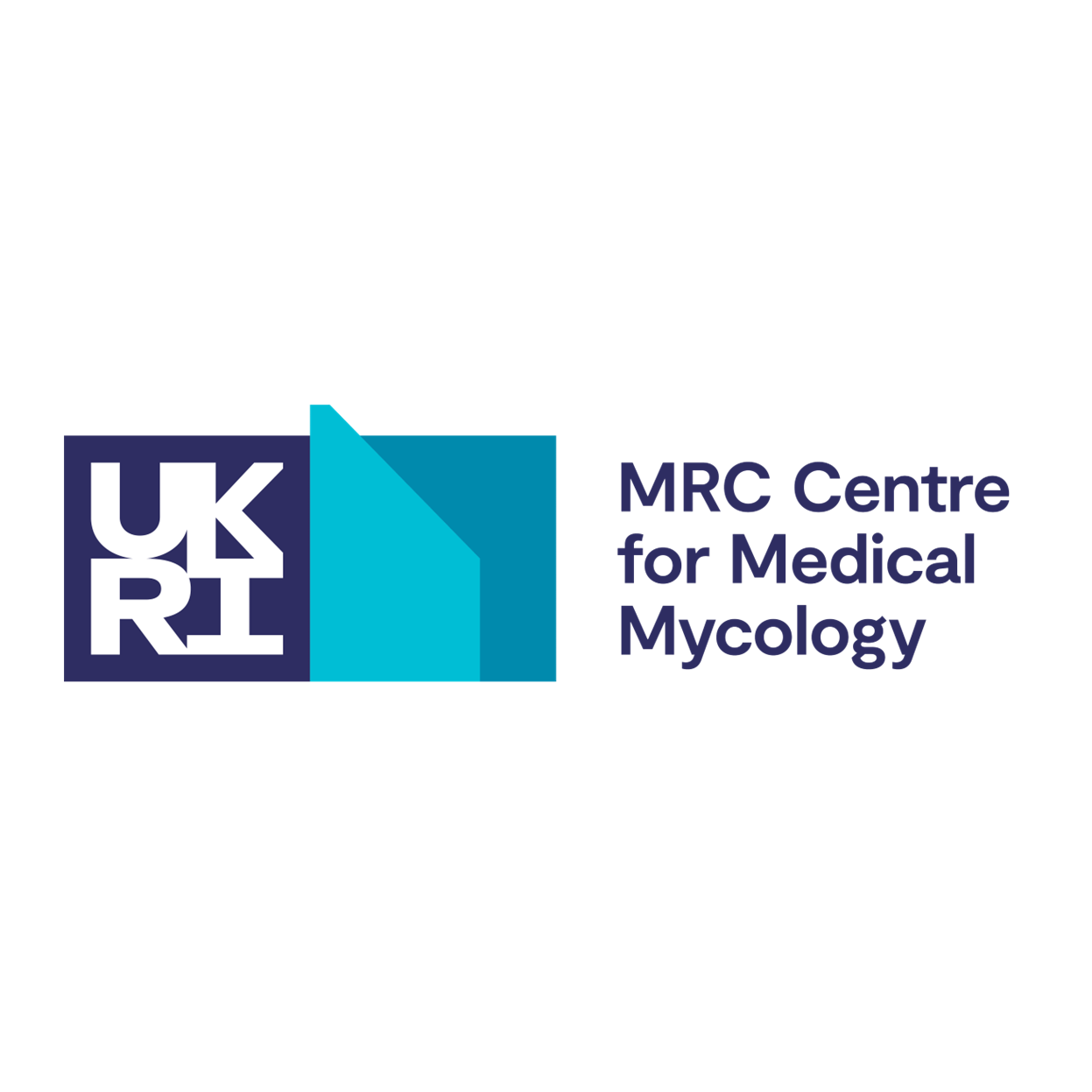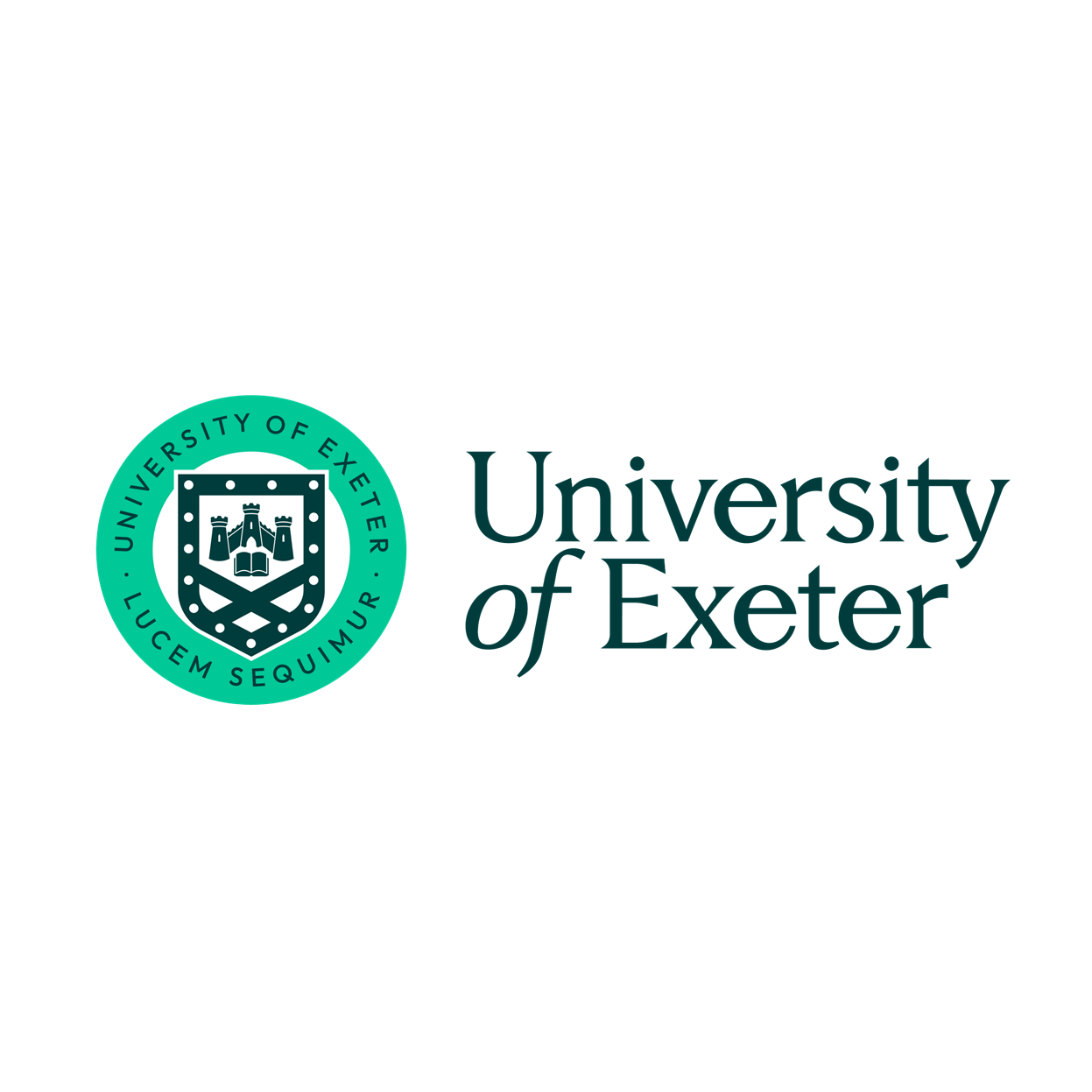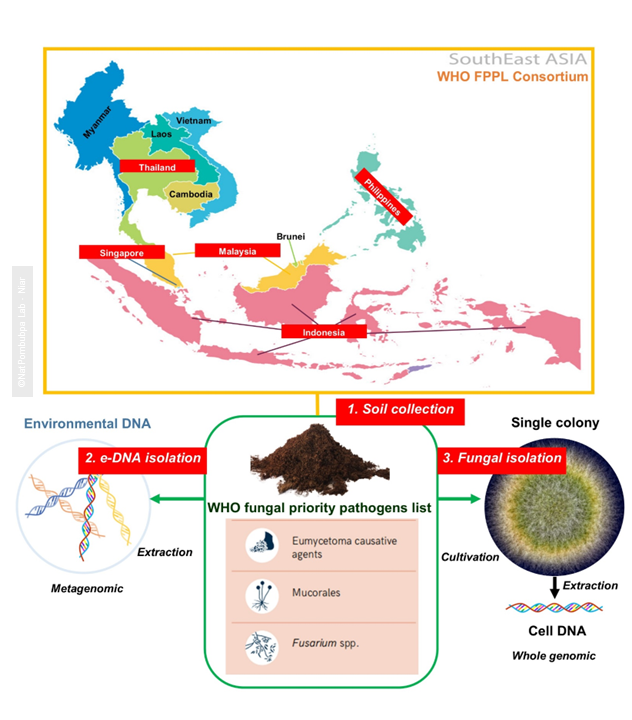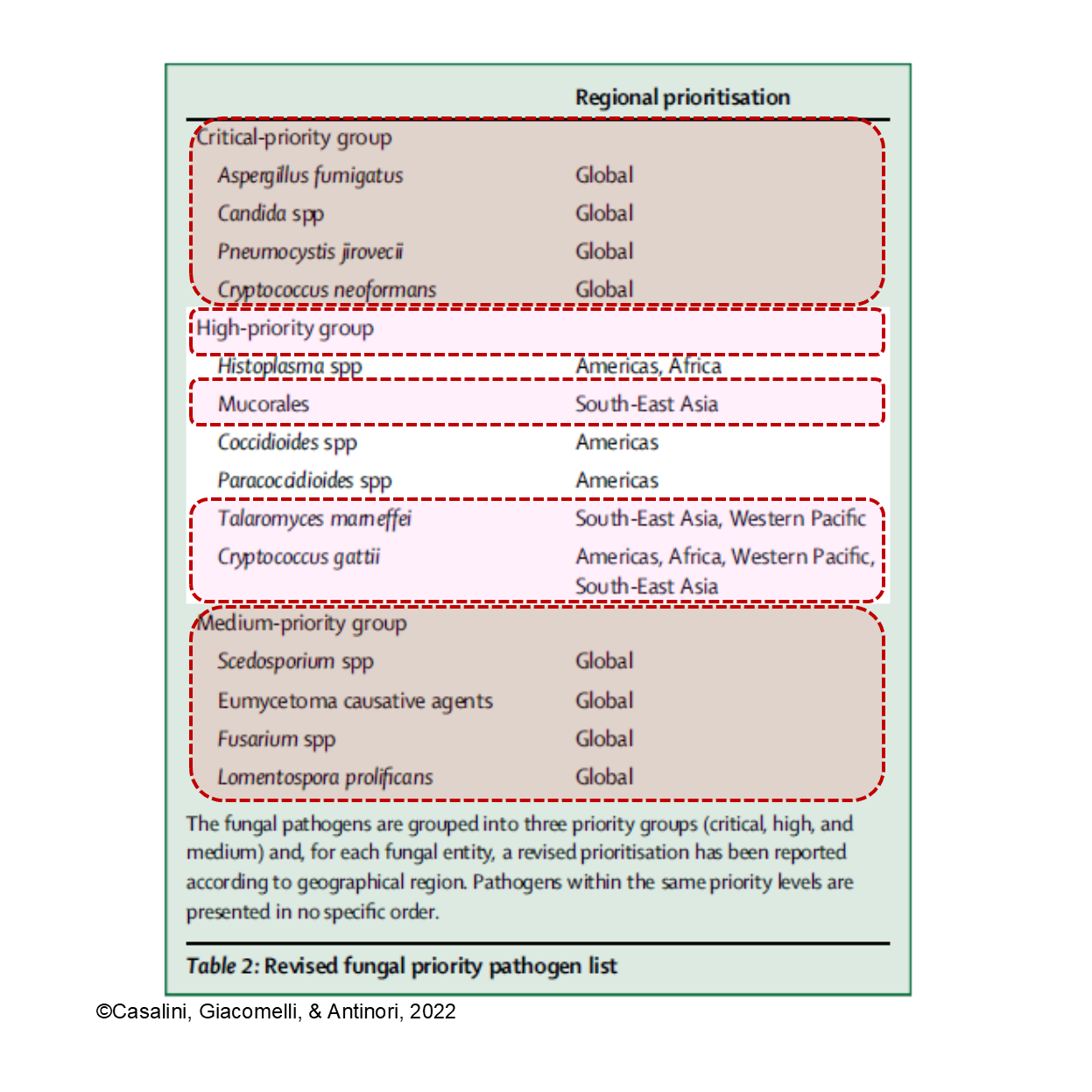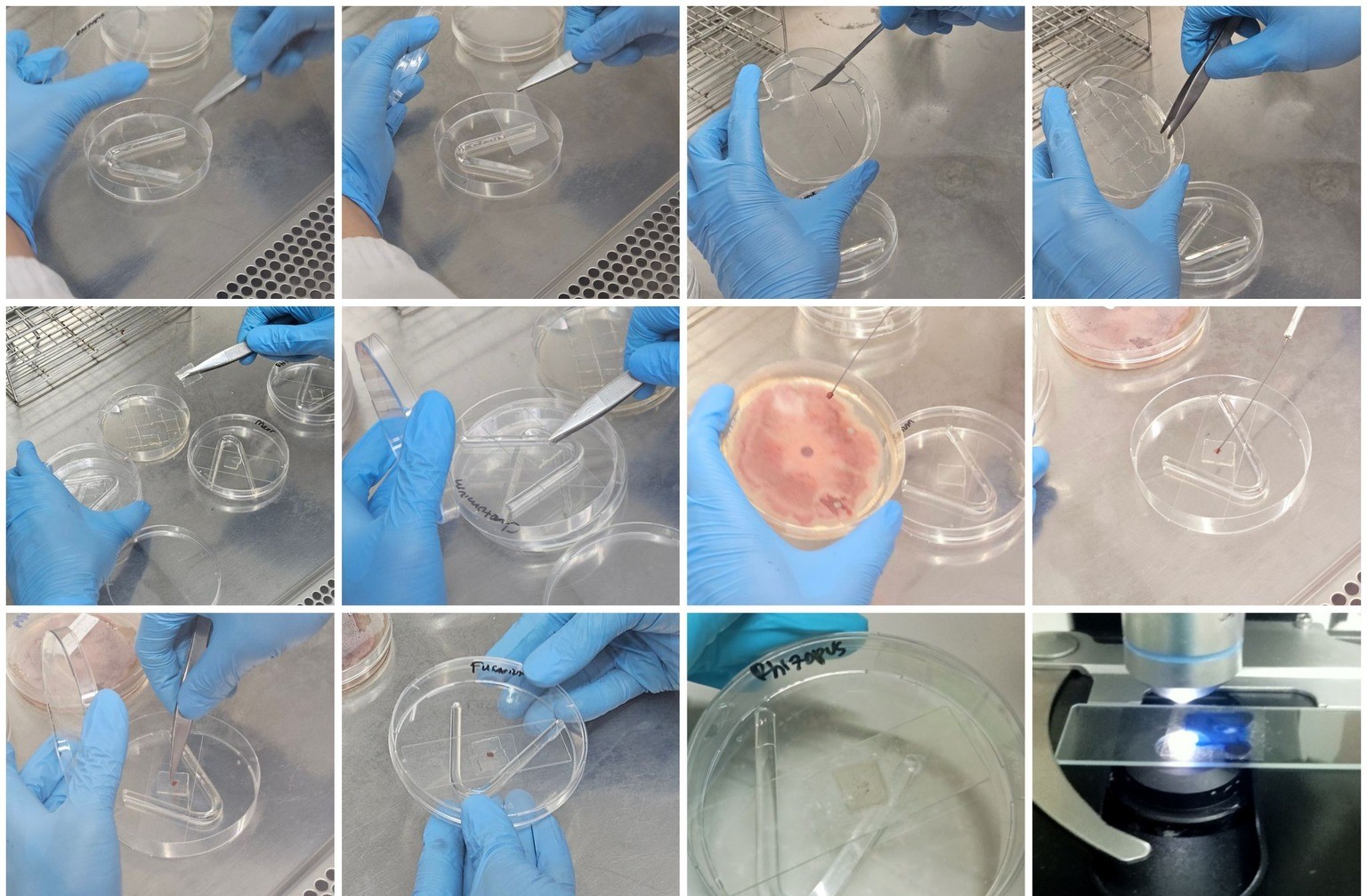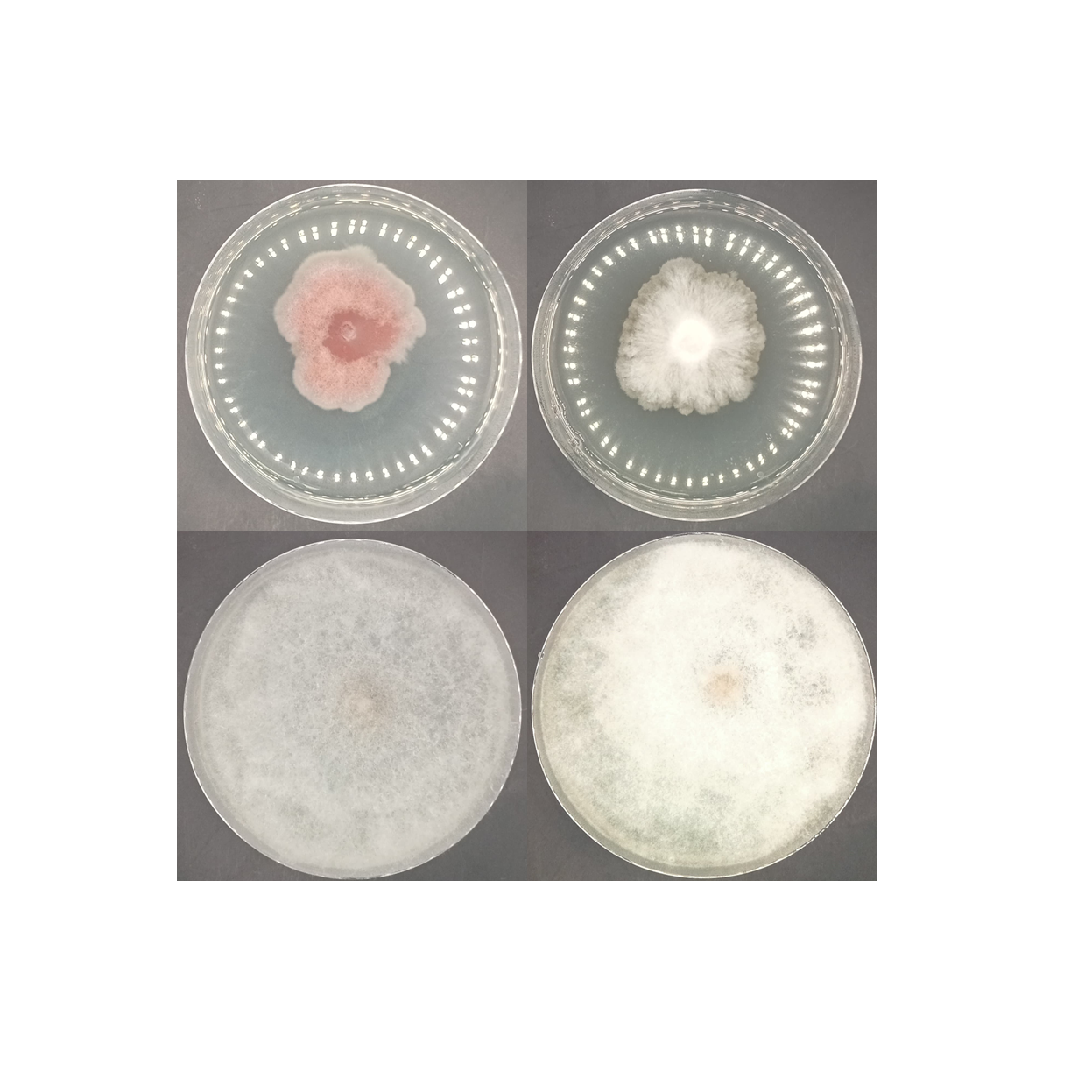FAILSAFE Projects
Soil hosts numerous microorganisms, including fungi, which play vital environmental roles but can harm humans, plants, and animals. Pathogenic fungi identified by WHO, such as Mucorales and Eumycetoma agents, are prevalent in Thailand’s agricultural soils and have caused human infections in Bangkok and beyond. However, knowledge gaps remain about these fungi’s reservoirs, genetic mechanisms, and antifungal resistance, particularly in Southeast Asia.
Rising antifungal drug resistance, affecting major classes like azoles and echinocandins, highlights the urgency of understanding resistance genes and regional genetic variations. Establishing a Southeast Asian (SEA) network of experts will strengthen research, resource sharing, and management of resistant fungal strains while enhancing agricultural biosecurity.
Using advanced genomic technologies, this initiative aims to analyze fungal genomes to identify disease-causing and resistance markers. Immediate objectives include collecting soil fungi, extracting genomic DNA, and building a comprehensive database. This will improve fungal detection, inform treatment strategies, and support sustainable agriculture and food security.
By fostering international collaboration, the project will create a biobank of pathogenic fungi, develop genomic datasets, and build a regional expert network. This resource will aid swift identification of fungal threats, enable targeted interventions, and address antifungal resistance, ultimately improving public health and one-health solutions in Southeast Asia. Lessons learned will benefit other regions facing similar challenges.
This project is funding by Seedcorn Grant of FAILSAFE – Fungal AMR Innovations for LMICS: Solutions and Access For Everyone, The MRC Centre for Medical Mycology (MRC CMM), University of Exeter

